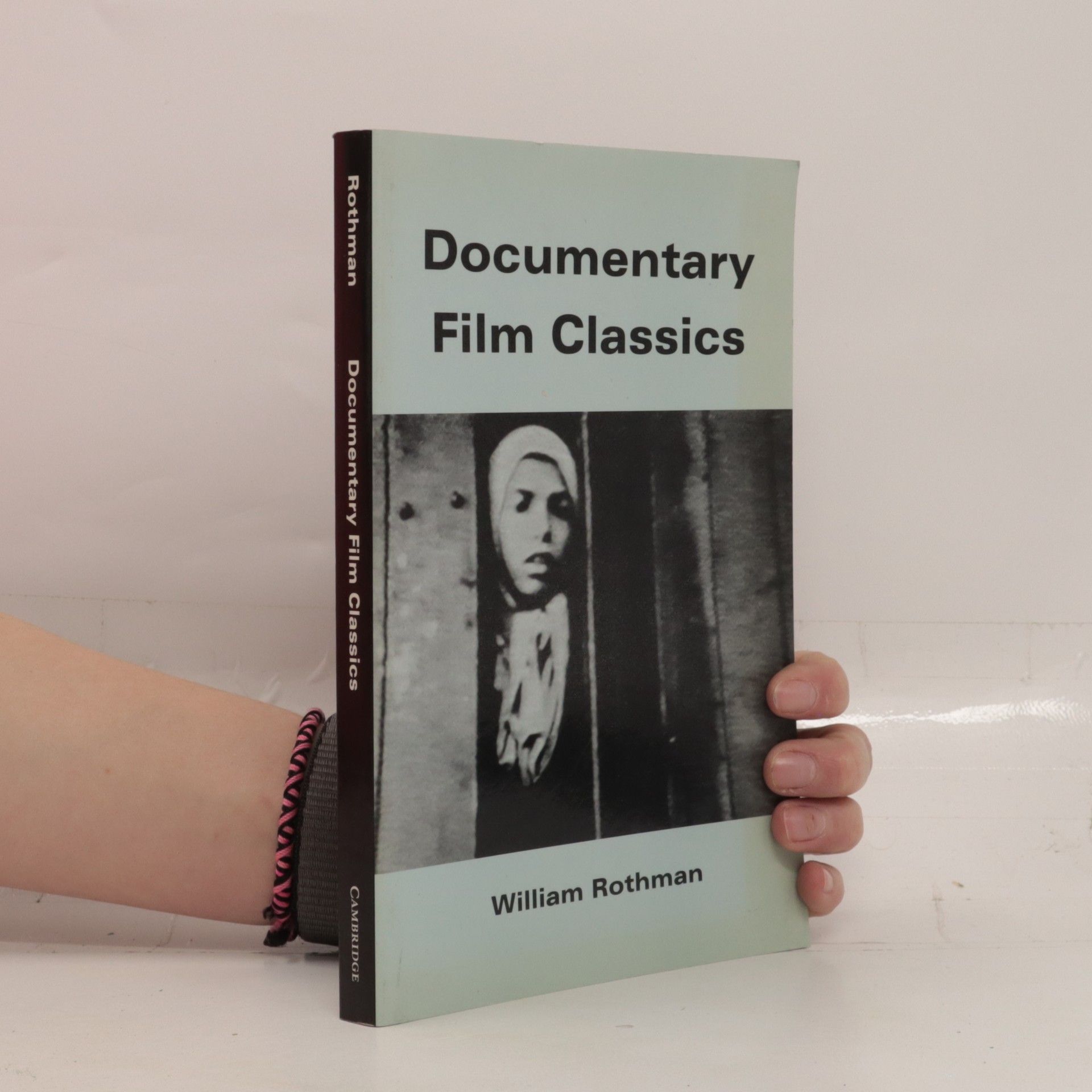The gorgon's gaze
- 287pages
- 11 heures de lecture
This interdisciplinary study of recurrent themes in German cinema as it has developed since the early twentieth century focuses on pertinent films of the pre- and post-World War II eras. The author explores the nature of expressionism, which is generally agreed to have ended with the advent of sound, and its persistence in the styles of such modern masters of film noir as Orson Welles and Ingmar Bergman. In considering the possibility of homologies between the necessary silence of pre-sound cinema and the widespread modernist aspiration to an aesthetic of silence, Coates relates theories of the sublime, the uncanny, and the monstrous to his subject. He also reflects upon problems of representability and the morality of representation of events that took place during the Nazi era.

